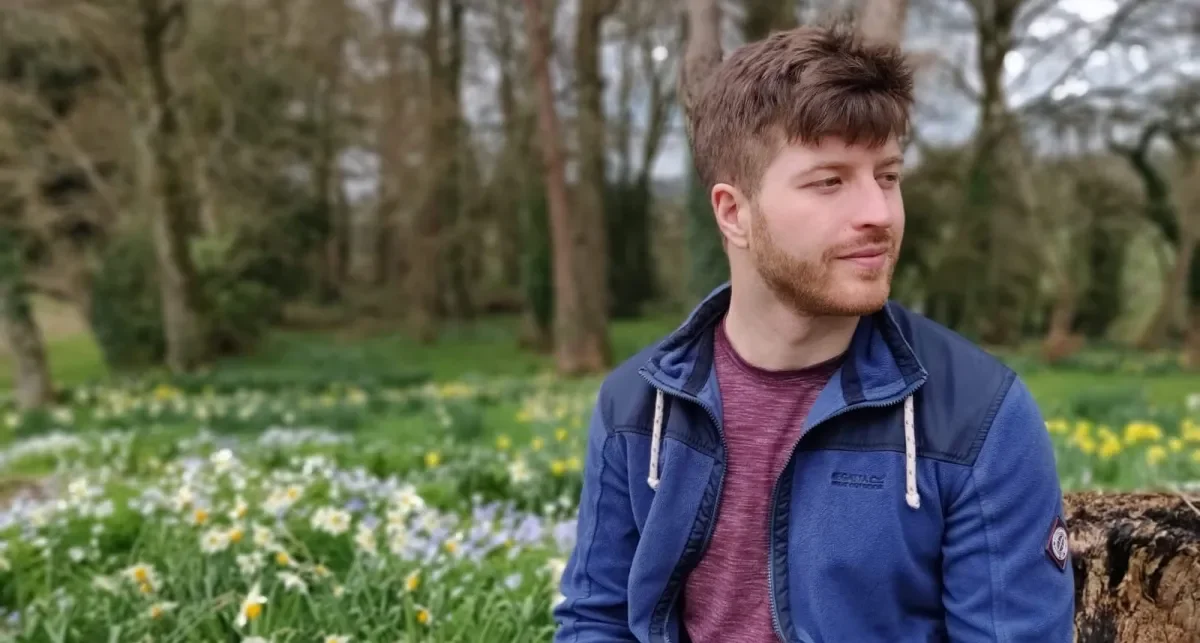

Interview with DCU Computing Graduate Jim O'Donoghue (PhD 2017)
Tell us about your path to DCU
My path to DCU and computing was a bit of a roundabout one. Growing up my father ran a computer shop in Killarney so I was always interested in working with computers. I did some simple programming when I was younger but in my teenage years I developed a big interest in music. So, for my bachelor’s degree I studied music performance. In 3rd year we picked specific areas to augment our performance studies. I chose music technology which reignited my interest in programming. We used a programming language called Max MSP which I really liked.
I worked for a year and decided to go back to study. I was torn between a music technology masters and a general computing conversion course. In the end I picked Computing. I did a huge amount of research about the courses on offer and spoke to people who worked in IT. All my research pointed to a 9 month graduate programme in DCU as the most relevant to industry at the time. I enrolled in the course and when I finished it an opportunity to do a PhD came up, so I went for the interview and got it!
What was your research area for your PhD?
My PhD was focused on a new area in Machine Learning and Artificial Intelligence (AI) called Deep Learning and how we can apply this cutting edge research into new areas such as computer vision. My research focussed on the general application of these techniques and included case studies in health, sports science and agri-tech. A lot of it focused on building a framework and developing a process to easily run deep Machine Learning experiments, as well as being able to understand their output. A research area in this is hyper-parameter optimisation and neural architecture search, or using AI to build better AI's, as there is a lot of hand-tuning that used to go on when building neural networks. Neural networks were often seen as black boxes too, which is not acceptable when it comes to areas such as health, so part of my work also involved 'looking into' these black boxes.
I was able to get work as a lab tutor while at DCU so that helped pay the bills. What I found was the biggest help was that my supervisor was able to help me secure funding for the last year of my PhD. I wouldn't have been able to complete it without that. There were also various mindfulness courses that DCU put on and I found that quite helpful too at times of stress.
What one moment in DCU stands out?
Finally submitting my thesis is a moment that really stands out. It was a massive relief finally finishing it and being able to get some sleep again! The process of the actual viva itself was also a lot more enjoyable than I thought it would be, and getting the news that I passed was a brilliant feeling.
What one piece of advice would you give to a student thinking about studying Data Science?
Understand introductory modelling techniques really well and try to abstract the approach of training them. The maths of simpler techniques often act as building blocks for more complex algorithms and if you have an abstract approach to a Machine Learning algorithm in general, it gives you an idea where to start and base for understanding new techniques.
How do you see the relationship between AI and Data Science developing in the future?
The nature of AI and Data Science means that the field will get a lot more automated. I think there are a massive amount of areas that could be helped with data science but aren't yet. As such I don't think we will see a big development in the area until data scientists and Machine Learning engineers are embedded with domain experts in various fields and much more inter-disciplinary work in encouraged. This is when we will see the major value in data science unlocked.
#STEMinDCU
